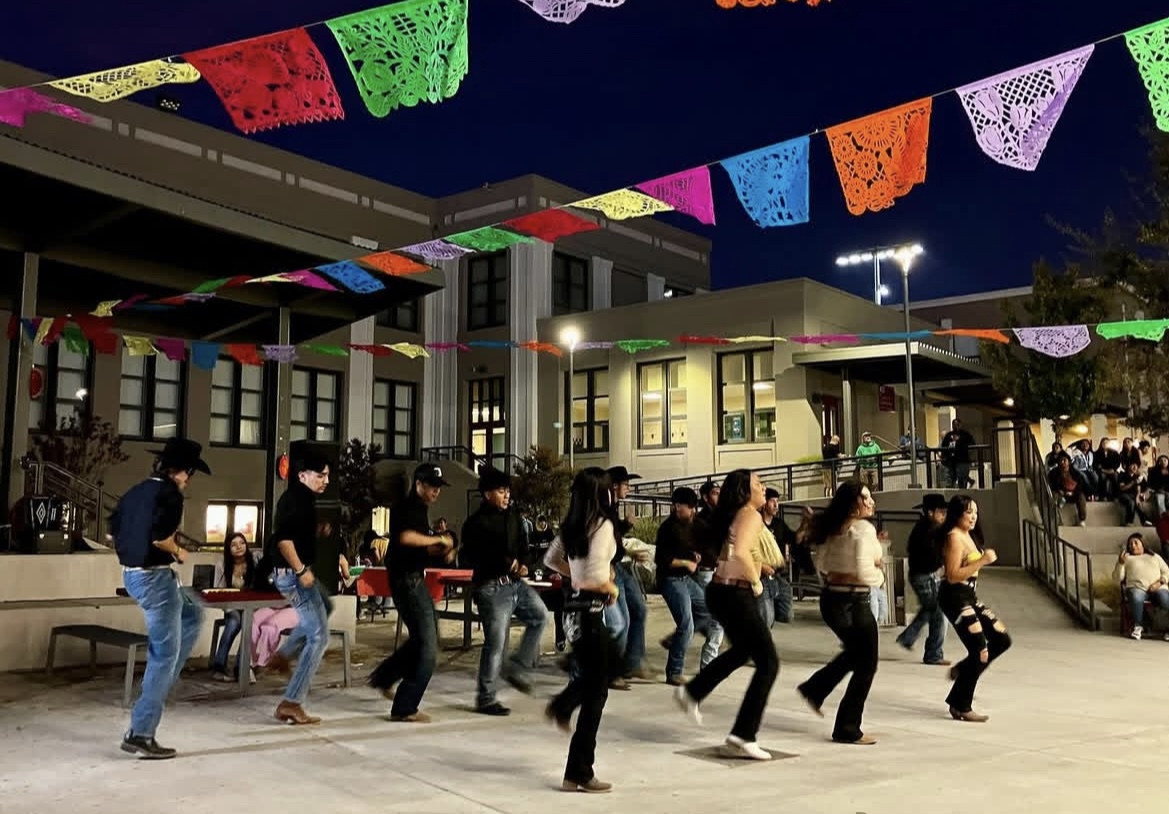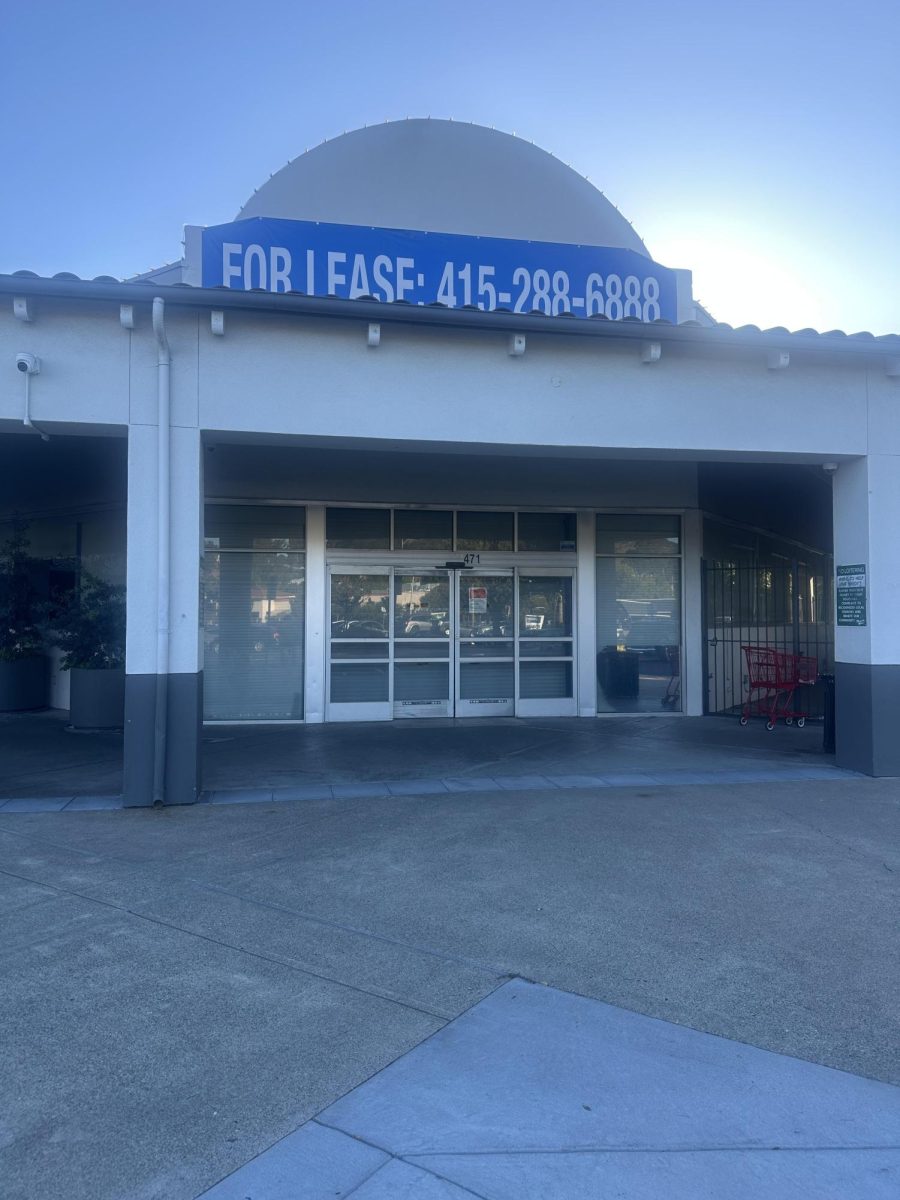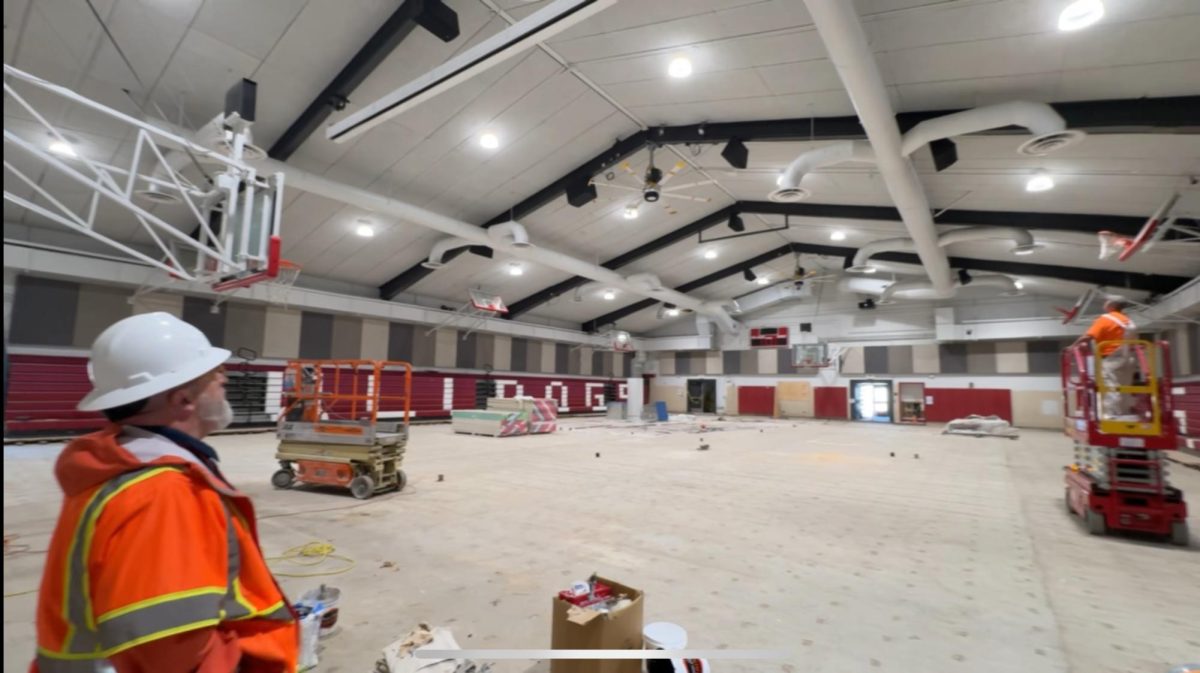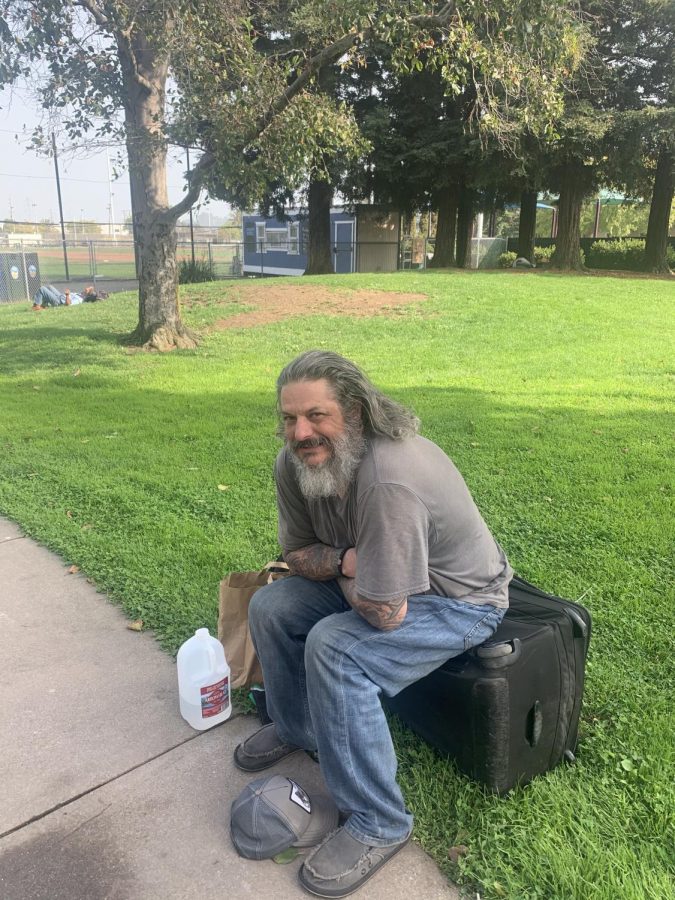Covid-19 Threatens Marin County’s Homeless Population
September 29, 2020
When coronavirus made its way to the United States and began to spread rapidly, fear and anxiety spread even quicker. From panic around buying toilet paper to scrambling to work from home, the residents of Marin County were no exception to the immediate shift in behavior required to navigate the dangers of the virus.
For Marin County’s most vulnerable community, those experiencing homelessness, the virus has posed a different set of challenges. Inevitably, new challenges create a need for new approaches and solutions.
As the virus grew, experts and civilians alike expressed great concerns over the impact of COVID-19 on individuals experiencing homelessness. Visions of overcrowded shelters, empty community pantry shelves, and no hygiene assistance created an understanding that the coronavirus would inevitably tear its way through the homeless communities. Especially since many individuals have preexisting health conditions with little to no access to health care or even warm beds to sleep. Fortunately, this has not been the case in Marin County, at least not so far.
After conducting interviews with several homeless individuals and the Director of Case Management at St. Vincent De Paul’s, it is clear that Marin County has rallied around its homeless population in an intentional and effective manner. Resources appear to be available for those who need it, arguably at higher rates than before the spread of COVID-19.
“I think COVID has helped me a lot,” explains Matt, who has been homeless on and off his whole life. “I couldn’t find help before, but now, there’s tons of help.”
Matt has been in San Rafael for just a few weeks and so far he is impressed by the resources made available to him. St. Vincent De Paul’s has been helping provide Matt with housing and job opportunities, leaving him very grateful. However, there are still gaps in the resources available and the convenience with which they can be accessed for other individuals.
Erick, another homeless individual who has been in Marin for at least 25 years, noted difficulties with accessing hygiene resources. He discussed issues finding places that provide showers or places to wash his clothes.
Certain hygiene resources like Mobile Showers have been implemented in Marin, but the hours are extremely limited and individuals have to sign up in advance by phone–a requirement that evidently can prove troublesome for people experiencing homelessness.
From Katy Spence, the Director of Case Management at St. Vincent de Paul’s, it is clear that the types of resources that homeless individuals need have shifted. As a result, they have adopted alternative ways of providing the new resources that are currently required to address COVID and associated needs.
For example, all congregate or barrack-styled shelters in Marin were forced to vacate during April, allowing only single room shelters to remain open. In spite of this, the organizations in Marin were able to act fast, and began housing people in hotels, providing them help in a safer way.
There are many organizations that require homeless individuals to get sober, be employed, or meet other expectations before they are eligible for permanent housing support.
Spence is proud to say that the model at St. Vincent’s values each individual as a whole. Harm reduction and immediate access to necessary resources are two priorities that take precedence over changing maladaptive behaviors.
St. Vincent’s believes in providing housing first and then addressing issues like employment and substance use, a sentiment that Spence proudly echoes. Especially during a global crisis, where as many individuals as possible need to be moved into private and more permanent housing, this approach is helping the homeless population of Marin.
Though this is a method that has been largely successful in supporting homeless individuals during COVID-19, key at-risk community members may unfortunately be unable to access this kind of support in the coming months due to a longstanding dilemma in Marin: access to community resources for undocumented individuals.
Looming evictions will accompany the inevitable end of the rent moratorium. This will drastically increase homelessness. A KCBS radio report mentioned that up to 90% of residents of the Canal are currently laid off, out of gig work, or otherwise unemployed.
Many of these individuals might not feel comfortable using some of the resources available because of the fear that their documentation status will be called into question.
Coronavirus is a real burden to all. Individuals experiencing homelessness, especially those who are undocumented, have the potential to be impacted in an even more profound and life-altering way than those who have stable places to call home.







































Ben Johnson • Oct 14, 2020 at 3:47 pm
Very informative piece. Enjoyed the subject matter and was very impressed on your research of material. Wish you had more outreach facilities, so individuals could access for personal needs. Otherwise, great job and I really enjoyed reading your piece.